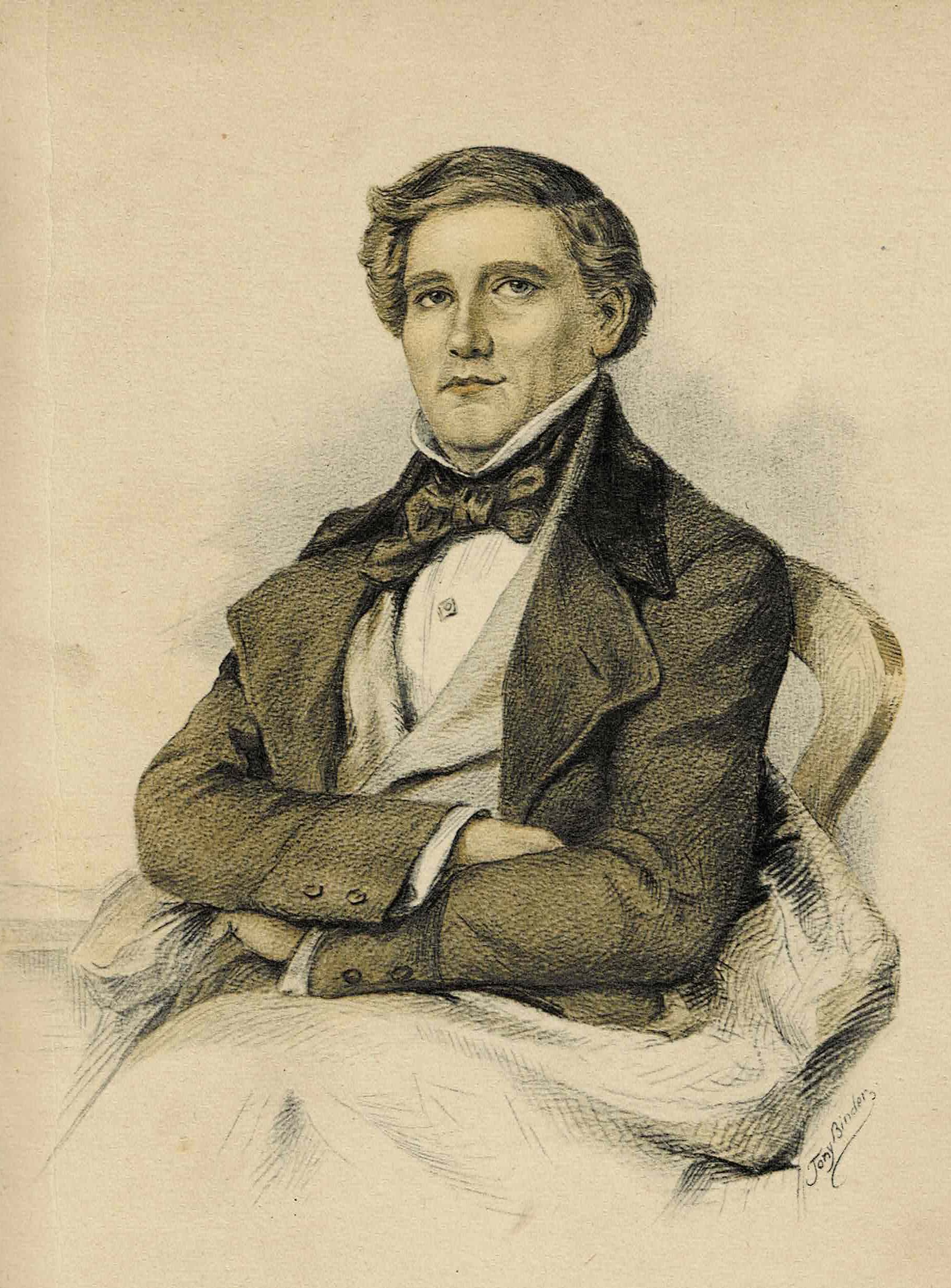Carl Loewe - musician and composer

Meaning and compositional work
Carl Loewe (∗November 30, 1796 in Löbejün - †April 20, 1869 in Kiel) went down in music history as "Germany's ballad composer". In Vienna he was also called the “Schubert of the North”. In addition to around 500 ballads and songs, his diverse work also includes 18 oratorios, six operas, two symphonies, various piano compositions, choral music and chamber music works.
Loewe's childhood and education in Halle
Carl Loewe's special talents as a singer, pianist, organist and composer were evident even in his childhood and adolescence.
In addition to his childhood in Löbejün, his musical education and development was primarily shaped in Halle (Saale) as a student of Daniel Gottlob Türk.
Cantor & teacher in Stettin
Carl Loewe worked in Stettin for most of his life (1820-1866). There he worked as an organist and choir director at the Jakobi Church and at the same time as a teacher of music, Greek, history and natural sciences at the local high school and, from 1821, as the municipal music director.
Carl Loewe and the Hohenzollerns
During his time in Stettin, Carl Loewe also made a personal acquaintance with the then Crown Prince Friedrich Wilhelm of Prussia, which lasted for many years.
He dedicated a whole series of his works to representatives of the Hohenzollern House.
Carl Loewe's Travels
On his concert tours to Germany, Austria and England between 1826 and 1847, Carl Loewe performed his ballads, accompanied himself on the piano and achieved great reputation, including among music publishers.


